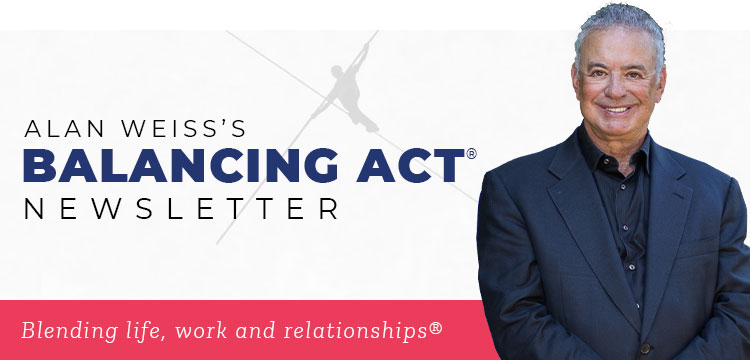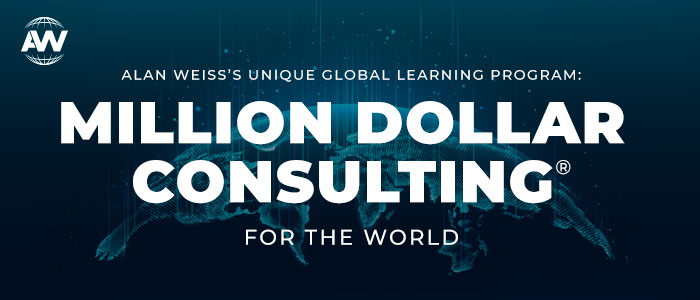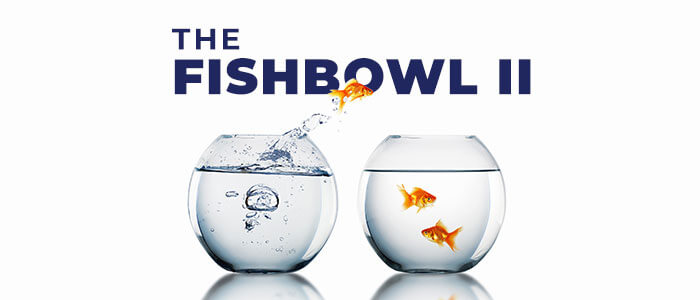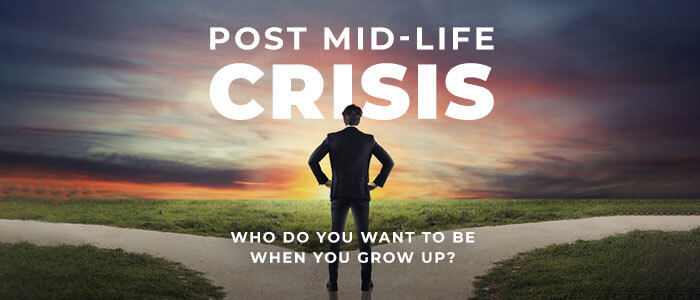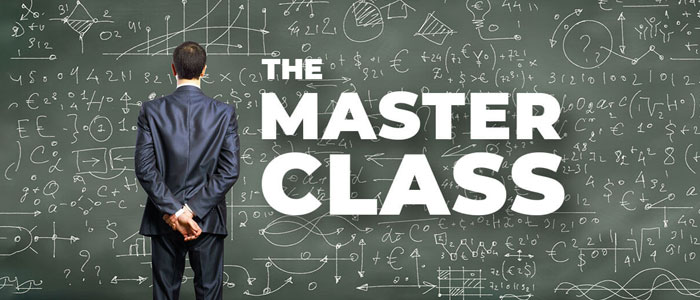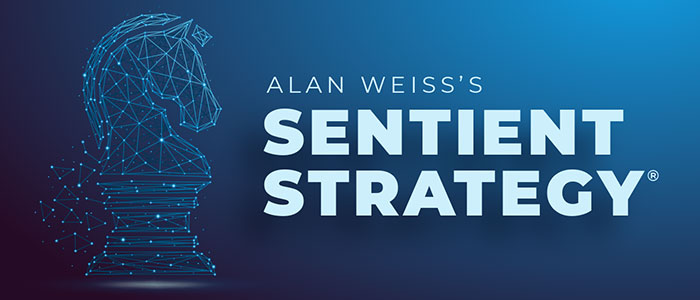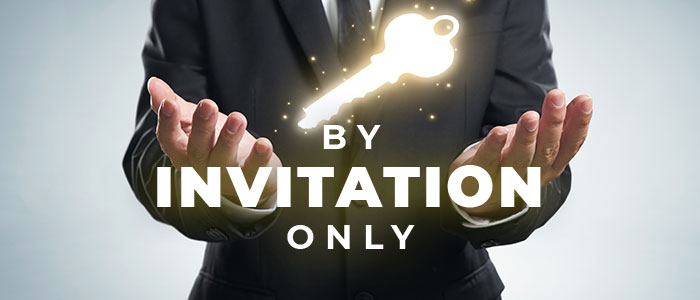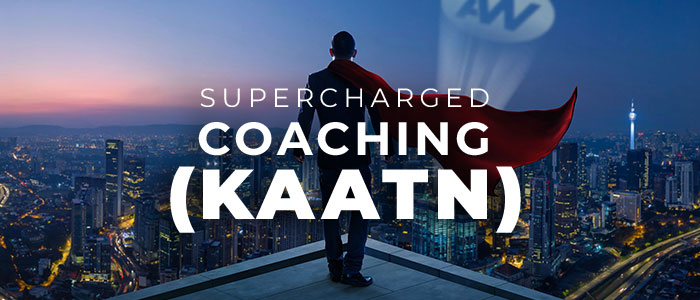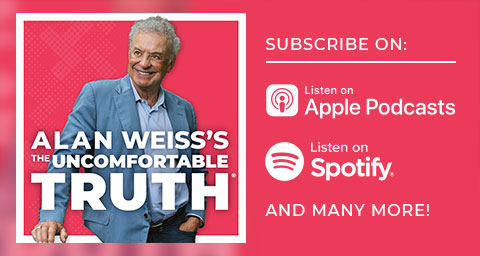|
“Ego” is generally considered to be a sense of self-esteem. In psychology it’s the part of the mind that mediates between the conscious and the unconscious and is responsible for reality testing and a sense of personal identity. It’s accompanied by the Id and the Superego, but that’s enough psychology for today.
The pragmatic problem with ego is that most people don’t have high levels of self-esteem. We classically talk about “imposter syndrome” but I’m talking about far more mundane, daily endeavors. Because people don’t feel good about themselves (and this is not about efficacy or skills) their egos are overly protected. Hence, they tend not to confront or even question authority figures (which is why so few patients are comfortable asking their doctors questions about treatments that don’t make sense to them).
They are also very sensitive to feedback, and tend not to “open up” to others, hiding insecurities, camouflaging uncertainties, and often procrastinating. A fragile ego would rather endure critique for not completing something rather than completing it and being critiqued for the result. Ego prompts them to join the crowd, to seek safety, rather than be a maverick a seek one’s own route, accepting the risks.
When one’s ego is “exposed” and easily threatened, it can be battered, since we tend to take things personally and dramatically. If I ask someone for feedback and they give me a suggestion, I’m comfortable analyzing it and deciding whether to accept it or reject it. But I’m not threatened by it. Even random, mean, malicious feedback can’t hurt us if we have strong egos and can dismiss the toxin as a weakness of the sender, not us.
In these times, it’s easy to be sensitive to a loss of control, to ambiguity, and uncertainty. A strong ego will settle us down and give us perspective. But a weak ego will tend toward an inability to cope—the dreaded “overwhelm”—and a further depth of self-doubt.
How do you build your ego? Focus on what you’ve done well and at which you’ve succeeded. We grow by building on strengths, not obsessing about weaknesses. Most self-help books assume you’re somehow “damaged” and need “fixing” per the author’s methods. Allow yourself to be vulnerable for people you respect in order to receive well-intentioned help.
But most of all, remind yourself that you’re a worthy person, not perfect by any means, but positive and contributing to the world around you. Don’t use others’ metrics. Focus on who you are and who you want to be.
|
